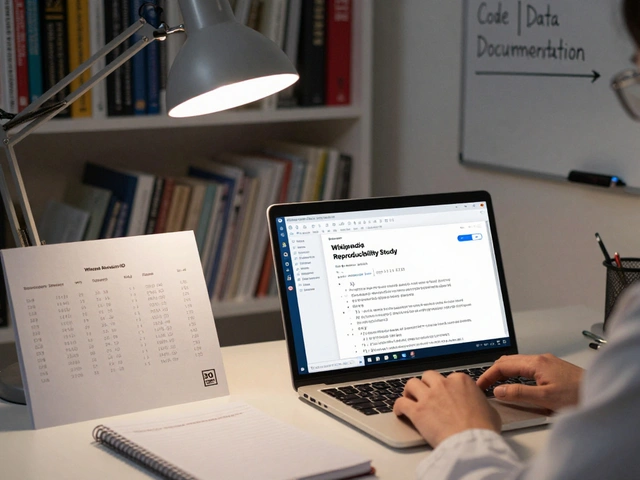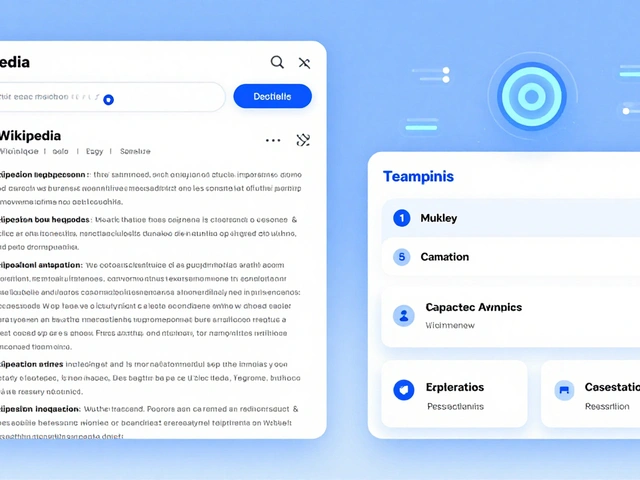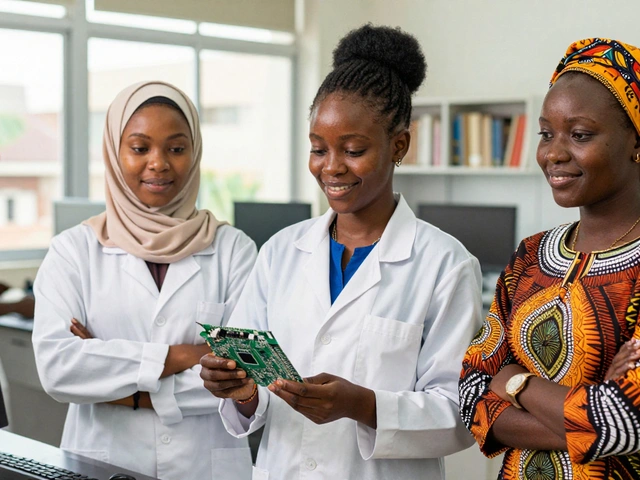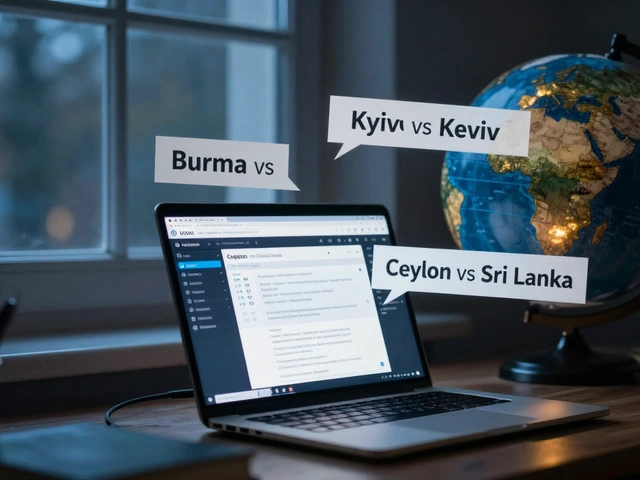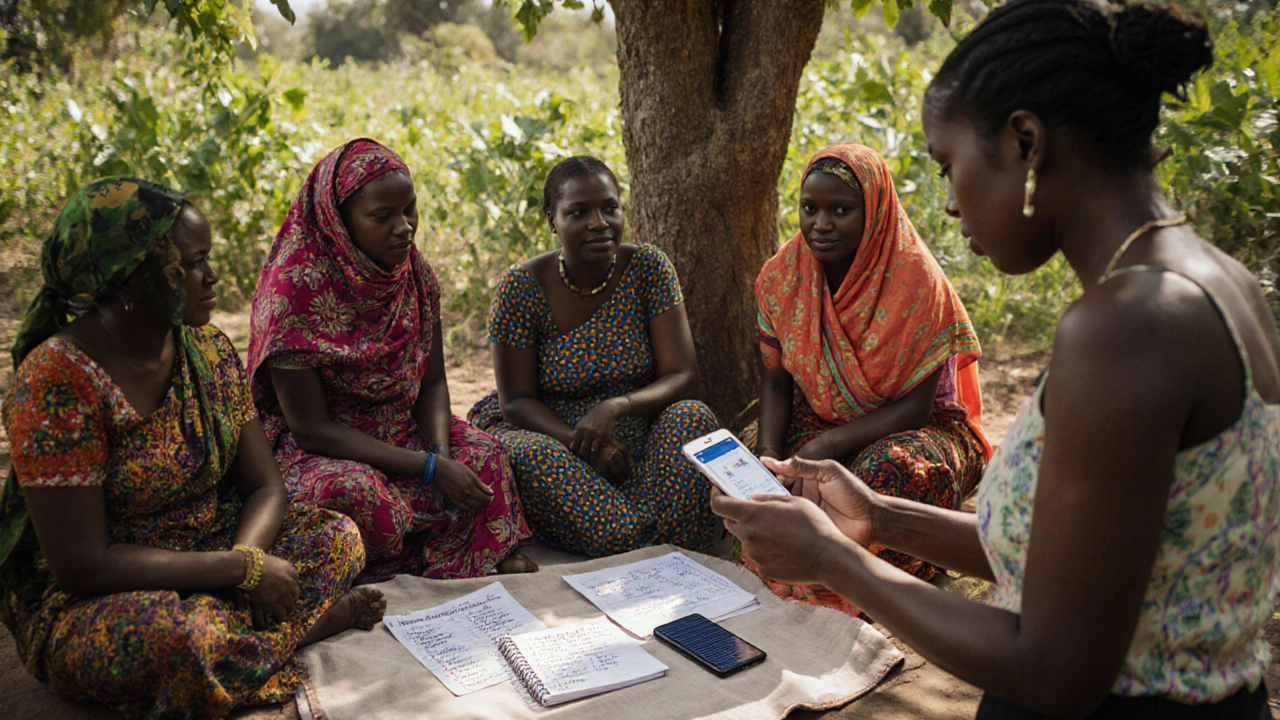
Wikipedia doesn’t run on volunteers alone-it runs on money. Not corporate sponsorships or ads, but grants from the Wikimedia Foundation. These aren’t just checks in the mail. They’re lifelines that turn ideas into real projects: translation tools for rural languages, edit-a-thons in refugee camps, AI assistants helping new editors, and apps that let people contribute via SMS in places with no internet. If you’ve ever used a Wikipedia article in Swahili, accessed medical info on a low-end phone, or seen a local history page curated by a high school student in Bolivia, you’ve seen a Wikimedia grant at work.
What Wikimedia Grants Actually Fund
Most people think Wikipedia is free because it’s ad-free. But keeping it free takes real resources. The Wikimedia Foundation gives out over $50 million a year in grants-not to tech startups or big NGOs, but to individuals and small groups who live where Wikipedia is growing, not just where it’s already popular.
Grants fall into three main buckets: Individual Engagement Grants, Project Grants, and Rapid Grants. Each has different rules, but the goal is the same: empower people on the ground to solve problems Wikipedia can’t fix alone.
Take the Individual Engagement Grant. It’s for one person with a clear plan. In 2023, a college student in Nigeria got $3,000 to train 50 women in her village to edit Wikipedia. She taught them how to add local flora and medicinal plant knowledge-content that didn’t exist before. Today, over 200 articles on Nigerian herbal medicine come from that project. No university, no government agency. Just a grant and a phone.
Project Grants are bigger, often $10,000 to $100,000. They fund tools, events, or campaigns that last months or years. One 2024 grant helped build a voice-based editor for Hindi speakers with low literacy. Users speak their edits into a phone app, and the system converts speech to text and publishes it. Over 12,000 edits were made in six months. That’s not a feature on Wikipedia’s main site-it’s a grant-built workaround for a real barrier.
Rapid Grants are under $1,000 and approved in days. They’re for quick wins: printing posters for a Wikipedia booth at a local fair, buying notebooks for students in a remote school to write down facts before uploading them, or paying for a translator to help a community add their oral history to Wikisource. These small grants are the quiet engine of Wikipedia’s global reach.
Who Gets the Grants-and Who Doesn’t
Grants aren’t given to the loudest voices. They’re given to the most needed. The Wikimedia Foundation prioritizes underrepresented regions: Sub-Saharan Africa, Southeast Asia, Latin America, Indigenous communities, and areas affected by conflict or poverty.
In 2024, 68% of grant recipients were from the Global South. In 2019, that number was 41%. The shift didn’t happen by accident. The Foundation changed its application process to reduce language barriers. Applications can now be submitted in Spanish, Arabic, Bengali, and 12 other languages. Review panels include editors from the same regions as applicants. This isn’t charity-it’s strategy. Wikipedia’s future depends on content from places it’s never had much of.
But not everyone qualifies. Grants don’t go to people who just want to write more articles. They go to people who solve a problem. A grant applicant in Lebanon didn’t ask for money to write about Beirut’s history. They asked for funds to train Syrian refugee teens to document their own stories on Wikipedia. That’s the difference: fixing a gap, not adding noise.
Applications are public. You can see every proposal, review, and outcome on Meta-Wiki. Transparency isn’t optional-it’s built in. If a project fails, the report says why. If it succeeds, the template is shared so others can copy it.
Real Projects, Real Impact
Let’s look at three projects that changed how Wikipedia works-and who it serves.
1. WikiTribune (India): A grant of $25,000 helped train 80 rural teachers in Odisha to fact-check local rumors using Wikipedia. Farmers were spreading false claims about crop prices and pesticide effects. Teachers used simple templates to turn verified info into short articles in Odia. Within a year, Google searches for “crop price Odisha” led to Wikipedia 47% more often than to unverified blogs.
2. Wikidata for Indigenous Languages (Canada): A $75,000 grant funded a collaboration between the Cree Nation and Wikidata developers. They built a system to add Cree words to Wikidata with audio pronunciations and cultural context. Now, when someone searches “moose” in Cree, they get not just the translation, but the traditional name, the seasonal behavior, and the spiritual meaning. This isn’t just data-it’s cultural preservation.
3. Wikipedia in Sign Language (Brazil): A team of Deaf educators got $15,000 to create a video library of Wikipedia articles in Brazilian Sign Language. Each video includes captions and visual annotations. The project now has over 1,200 videos. Schools for the Deaf use them as textbooks. One student told the team: “I finally understand what a volcano is-not because someone signed it, but because I saw it on Wikipedia.”
These aren’t side projects. They’re core to Wikipedia’s mission: “a free encyclopedia for every person in the world.” The grants make that possible where language, tech, or power structures would otherwise block it.

How Grants Change the Community
It’s not just about content. It’s about who gets to make it.
Before grants, Wikipedia’s top editors were mostly men in North America and Europe. Now, the fastest-growing editor groups are women in Kenya, elders in Peru, and teenagers in Indonesia. Grant-funded projects create new pathways into editing. They don’t just teach how to edit-they teach that your knowledge matters.
In 2023, the Wikimedia Foundation tracked 1.2 million new editors. Of those, 48% came from grant-supported initiatives. That’s nearly half of all new contributors. And they stick around. Grant recipients are 3.5 times more likely to become long-term editors than those who join randomly.
Why? Because they were invited. They were given tools. They were trusted. That changes everything.
One editor in Uganda said: “I didn’t know I could fix Wikipedia. I thought it was for people with computers and degrees. Then I got a grant to teach my neighbors. Now I’m on the board of the local chapter.” That’s the ripple effect.
What Happens When Grants Don’t Work
Not every grant succeeds. Some projects fail because they overpromise. Others collapse because the team didn’t have enough time or support.
In 2022, a grant in the Philippines aimed to create a Wikipedia for indigenous languages. The team built a beautiful app-but didn’t test it with actual users. The interface was too complex. No one used it. The grant report didn’t hide the failure. It said: “We assumed tech would solve the problem. It didn’t. The problem was trust. People didn’t believe Wikipedia was for them.”
That report became a case study. Now, all grant applicants must include a “community validation” step: show proof that real people want this before spending the money.
Failure isn’t punished. It’s shared. And that’s why the system works.
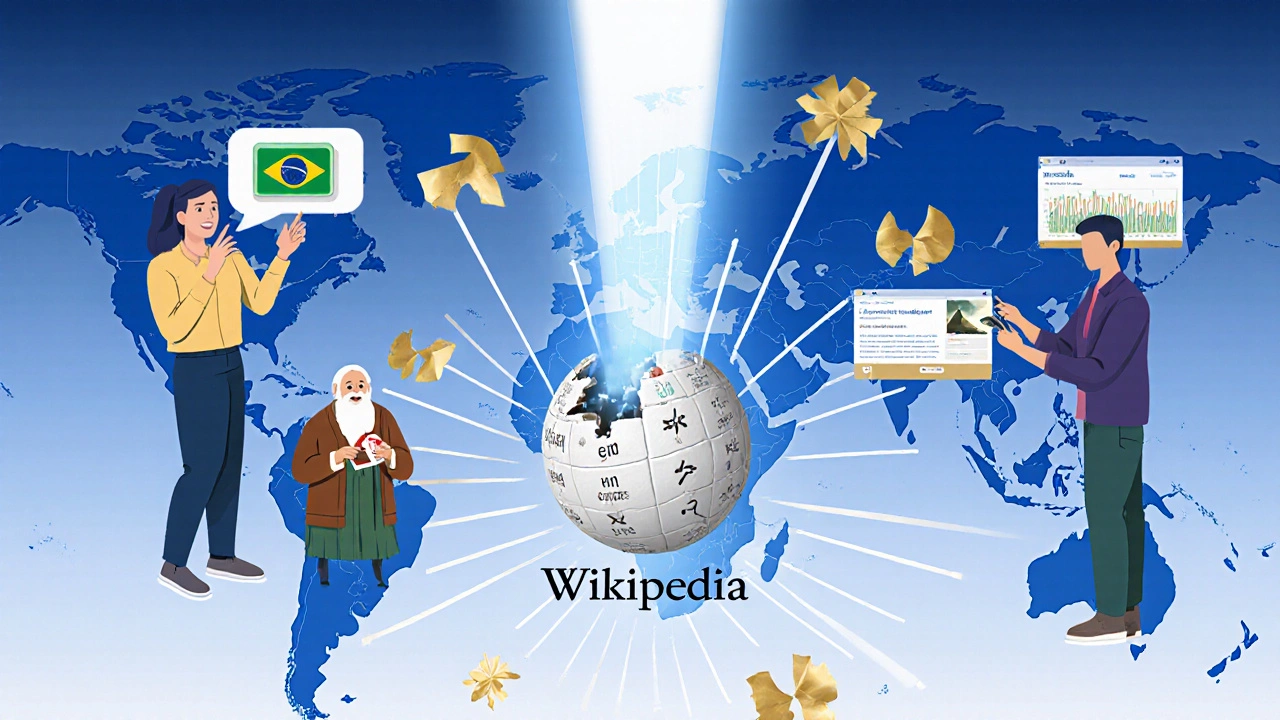
How to Get a Wikimedia Grant
If you’re part of a community that’s missing from Wikipedia, you can apply. Here’s how:
- Find your problem. What’s missing? What’s wrong? What’s not being said?
- Sketch a solution. What will you do? Who will help? What tools do you need?
- Check the guidelines. Go to meta.wikimedia.org/wiki/Grants and pick the right type: Rapid, Individual, or Project.
- Write your proposal. Use plain language. Be specific. Show who you are and why this matters to your community.
- Submit. Applications are open year-round. You can apply in your language.
You don’t need a degree. You don’t need to speak English perfectly. You don’t even need a computer. A phone, a plan, and a reason to care are enough.
Why This Matters Beyond Wikipedia
Wikimedia grants are a quiet revolution in how knowledge is built. They prove that when you give people the tools and trust, they don’t just add facts-they rebuild systems.
Other organizations are watching. The UN is using Wikimedia’s grant model to fund local fact-checking in conflict zones. Libraries in Brazil now partner with grant winners to host digital literacy workshops. Even tech companies like Google and Meta have started funding similar community-led projects-because they’ve seen what happens when knowledge isn’t top-down.
Wikipedia isn’t perfect. But its grant system is one of the few places on the internet where power is handed to the margins-not the center. And that’s why, in a world where algorithms decide what we see, Wikipedia still lets people decide what’s true.
How does Wikimedia decide who gets a grant?
Grants are awarded based on need, feasibility, and community impact-not popularity or past experience. Proposals are reviewed by volunteers from the same regions as applicants. Projects that address gaps in underrepresented languages, regions, or communities have the highest priority. Transparency is key-every application and decision is public on Meta-Wiki.
Can anyone apply for a Wikimedia grant?
Yes. You don’t need to be a Wikipedia editor to apply. Students, teachers, librarians, elders, activists-anyone with a clear idea to improve knowledge access can apply. Applications are accepted in over 15 languages, and support is available to help with writing proposals.
How much money is available through Wikimedia grants?
The Wikimedia Foundation distributes over $50 million annually in grants. Rapid Grants are up to $1,000 and approved quickly. Individual Engagement Grants range from $1,000 to $10,000. Project Grants can go up to $100,000 for larger, multi-year efforts. Most grants are under $5,000.
Do Wikimedia grants fund hardware or software development?
Yes, but only if it directly helps people contribute to or access Wikipedia. For example, grants have funded mobile apps for offline editing, SMS-based article submission tools, and low-cost tablets for community centers. They don’t fund general tech development or commercial products.
What happens if a grant project fails?
Failure is expected and documented. Every grant recipient must submit a final report, even if the project didn’t work. These reports are public and used to improve future grants. The focus isn’t on blame-it’s on learning. Many of Wikipedia’s best practices came from projects that didn’t go as planned.
